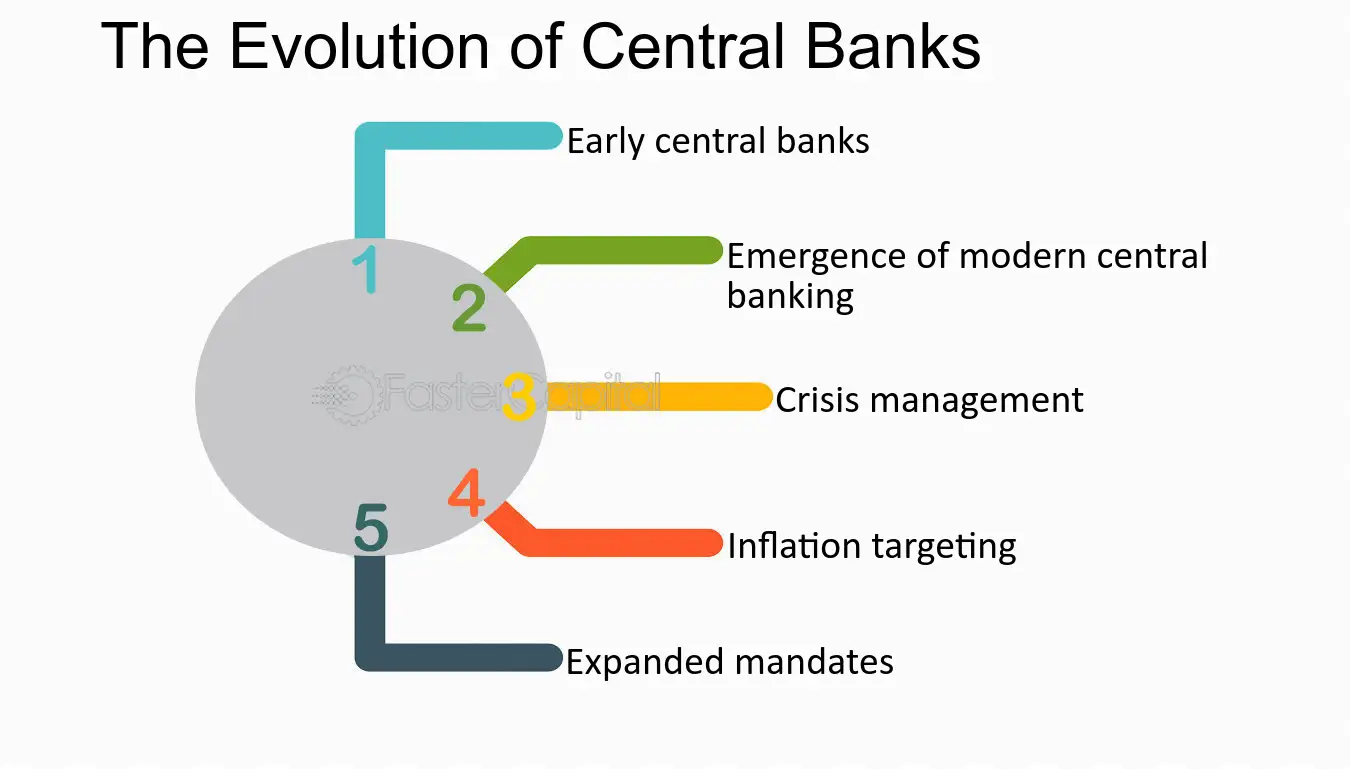Forex Trading for Beginners: A Comprehensive Guide to the World’s Largest Market

18/08/2025
Author: Shaharia
What Is Forex Trading?
Forex trading, short for “foreign exchange,” is the buying and selling of currencies. Every day, trillions of dollars move across this market, making it the largest and most liquid in the world. Unlike stocks, which are tied to companies, forex revolves around pairs of currencies—like the euro versus the U.S. dollar (EUR/USD). When you buy one currency, you sell another at the same time.
This constant movement creates endless opportunities, but it also comes with risks. For beginners, it’s less about chasing profits and more about understanding how this massive global system works.
Why Forex Matters
The forex market never sleeps—it’s open 24 hours a day, five days a week. That means whether you’re in Asia, Europe, or the U.S., you can always find trading opportunities. For many, this accessibility feels exciting. Anyone with a computer, internet connection, and determination can participate.
But forex is more than a market—it’s a mirror of human emotion. Global events, political decisions, and even natural disasters ripple instantly across currencies. Every headline is a heartbeat that moves prices up or down.
The Building Blocks of Forex
-
Currency Pairs: The base and quote currency (e.g., USD/JPY).
-
Pips: Tiny units that measure price movement.
-
Leverage: Borrowed capital that magnifies both profits and losses.
-
Spread: The difference between buying and selling prices.
These concepts may sound technical, but they form the language of forex. Once understood, they turn confusion into clarity.
How to Start Trading Forex
-
Choose a regulated broker for safety and transparency.
-
Practice on a demo account before risking real money.
-
Create a trading plan with clear goals and risk limits.
-
Learn both technical and fundamental analysis—charts tell part of the story, while global events tell the rest.
Patience is key. Many new traders lose money quickly because they chase excitement rather than following a strategy. The most successful traders protect their emotions as carefully as they protect their capital.
The Emotional Side of Forex
Forex trading is a test of discipline. Greed tempts you to overtrade. Fear pushes you to exit too soon. Confidence urges patience. Mastering your emotions is just as important as mastering charts and numbers.
At its core, forex is a journey—one of courage, learning, and persistence. For those willing to embrace both its challenges and rewards, it can be an empowering path toward financial growth and personal resilience.



















